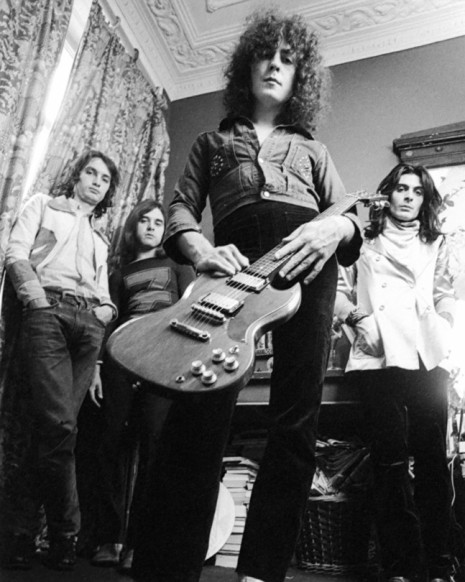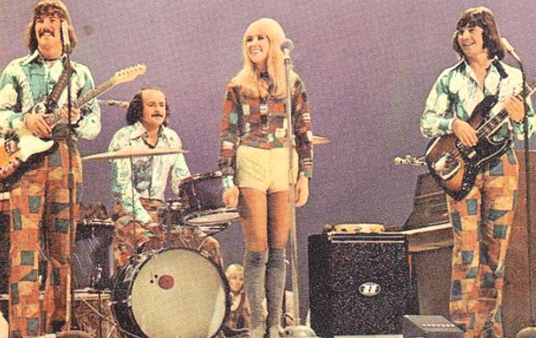Oh God. You know we must have reached the festive season, when a song like this comes along. Join us then, for the story of Ernie, driver of the fastest milk-cart in the west, and his sworn rival, Two-Tonne Ted, the baker…

Ernie (The Fastest Milkman in the West), by Benny Hill (his 1st and only #1)
4 weeks, from 5th December 1971 – 2nd January 1972
It’s set to a faux-Spaghetti Western theme, but narrated (‘sung’ would be too generous a verb) in a west-country accent by comedian Benny Hill. And did someone say ‘innuendo’? Because this song is an innuendo smorgasbord, a triple-shot of double-entendres…
Ernie comes galloping into Market Street, to meet his lady-love, a widow called Sue. They said she was too good for him, She was haughty, proud and chic, But Ernie got his cocoa there, Three times every week… Oo-er, matron, and so forth. On we go – this is a story told at breakneck speed.
Ernie can’t compete with Ted’s wide range of pastries: He tempted her with his treacle tarts, And his tasty wholemeal breads, And when she saw the size, Of his hot-meat pies, It very near turned her head… I’m smiling as I listen, even though I should really know better… He knew once she’d sampled his layer-cake, He’d have his wicked way… Meanwhile, Ernie can but offer milk, and not much else.
So Ernie and Ted have a shoot-out, as must happen in all the best Westerns. As he leapt down from his van, Hot-blood through his veins did course, And he went across to Ernie’s cart, And he didn’t ‘alf kick his ‘orse… (Do you have to be British to get this ropey wordplay?) …whose name was Trigger… Two-Tonne Ted fights dirty, of course, throwing a stale pork-pie that kills Ernie. Sob. Now it’s a pastiche of the old early sixties death-discs, ‘Tell Laura I Love Her’, ‘Johnny Remember Me’ and the like. Two piss-takes for the price of one!

But. A woman’s needs are many-fold. Sue marries Ted regardless. And on their wedding night, as they lie in their bed, they are haunted by Ernie’s ghostly gold-tops a-rattling in their crate… They won’t forget Ernie! It’s actually a bit of a dud finish to what, compared to most novelty records, has been a pretty funny song. You know, for its time. It also has what must be one of the first music videos – see below. (I do enjoy the fact that Ted still has his hat on in bed.)
For the fourth year running, then, we have a novelty #1 single at Christmas. You can blame The Scaffold for starting it, with the irritating ‘Lily the Pink’, then it was ‘Two Little Boys’, ‘Grandad’ (which hit top-spot just after New Year), and now this. And, for what it’s worth, I like ‘Ernie’ the best of the four. It’s aiming squarely for silly. Not smart, not sentimental… Just plain old pantomime, music-hall, very British, ‘silly’. Not that I’m rushing to add it to my Spotify queue, either, but still.
Benny Hill actually was a milkman, before hitting the big-time, and had written this back in the fifties. He performed it on his show – which in 1971 was pulling in 21 million viewers! (there were only three channels, to be fair) – and then released it as a single. For me, Hill is a slightly vague figure from a time before I was born. He wasn’t on TV growing up, having been pushed aside by the new wave of comedy acts in the eighties. He’s reduced, in my mind, to his famous theme tune playing as he gets chased by an irate crowd.
At the same time, though, I just watched a few of clips on YouTube, and they raised a smile. They’re old-fashioned, and ‘of their time’, but they’re funny, in the worthy tradition of Charlie Chaplin (a huge fan of Hill’s) and Mr. Bean. Plus, you’ll just have to get used to silly novelty songs cropping up every December… and not many will be as tolerable as this!

















